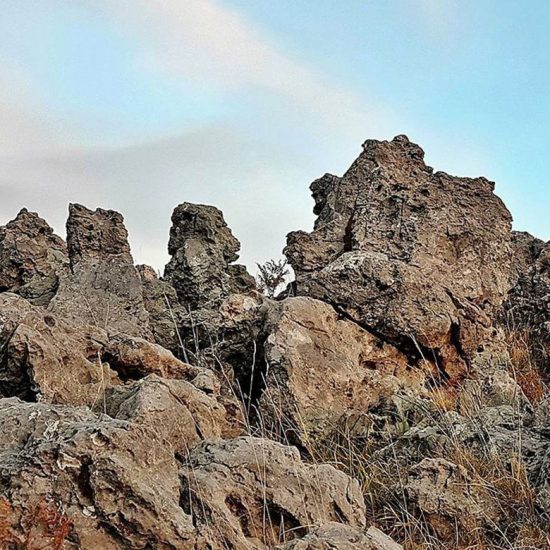Colo. judge dilemmas brand new ruling in payday financing instance against Indian tribes
Scott Tucker, right, underwrites their degree 5 Motorsports passion with earnings from their payday financing organizations. Here, he could be shown with drivers Luis Diaz, left, and Christophe Bouchut, center, celebrating with top-notch tequila in the United states Le Mans Series’ path Race Showcase in Elkhart Lake, Wis., on Aug. 20, 2011. Level 5 Motorsports/Flickr
Judge admits he вЂmisunderstood’ proof in initial choice, but tribes nevertheless avoid further prosecution
Introduction
A judge in Denver now states he misunderstood evidence that is key he ruled that two payday loan providers running on the web were beyond the reach of state regulators since they was in fact offered to Indian tribes.
Related Articles
Debt Deception?
Indian tribes tied up to payday loan provider escape state probe
Denver District Judge Morris Hoffman says it is now clear through the proof that the product sales had been initially shams to cloak the firms with tribal sovereign resistance. Yet in the ruling that is new judge still blocks the Colorado Attorney General from investigating the tribal entities further for breaking state financing legislation.
This strange twist in the seven-year-old situation generally seems to allow Indian tribes to market their sovereign resistance to organizations attempting to break state legislation. Experts dubbed this practice as “rent-a-tribe.” And after this, at the very least 30 online payday lenders claim ties to Indian tribes.
The Colorado Attorney General contends that Scott Tucker, a Leawood, Kan., millionaire and professional race-car motorist, started the financing companies then again crafted sham relates to the Miami Tribe of Oklahoma while the Santee Sioux Tribe of Nebraska to help keep states from shutting straight down their lucrative procedure.
Earlier in the day this thirty days, Hoffman said that the data caused it to be clear that Tucker’s initial cope with the Indian tribes had been genuine. Yet Hoffman got facts that are key inside the very very first ruling.
Hoffman stated in that ruling that the tribes got 99 % for the income through the payday financing business. In reality, the agreements provided Tucker’s company 99 per cent regarding the income. reports reveal the business enterprise associated with the Miami Tribe grosses as much as $20 million per month.
In a corrected ruling, Hoffman composed, “Nothing is much more telling in terms of evaluating real owners rather than proceed with the cash, therefore the undeniable fact that Tucker set up 100% of this money and enjoyed 99% for the payday profits helps it be obvious that Tucker, rather than the tribal entities, proceeded your can purchase these lenders.”
But, Tucker crafted a new ownership contract utilizing the tribes in September 2008. Tucker now claims become a worker of AMG Services, a company that is payday-lending the tribes state they possess.
The state contends that absolutely nothing changed in 2008. It presented bank statements through the payday lending company into evidence that revealed that the movement of income stayed exactly the same following the brand brand new agreements had been finalized.
Deputy Attorney General Jan Zavislan stated at a present hearing that funds from the business enterprise reports ended up being also utilized to pay for Tucker’s personal costs, including trips on personal jets, home fees on their getaway house, up to $2 million 30 days in costs for their race group and $22 million to stay an individual lawsuit against Tucker.
Hoffman didn’t acknowledge the lender statements inside the ruling. Rather, he determined that the 2008 purchase had been genuine, saying, “over time the tribes could actually take control operations completely.”
Most of the documents presented to Hoffman stay under seal. But Hoffman cites two agreements under seal without saying whether those documents changed the split. The Attorney General’s workplace argued in court there is absolutely no proof that the income split changed.
Their state of Colorado first ordered two payday lenders called Cash Advance and Preferred money Loans to get rid of making loans in very early 2005. Lawyers monitored the continuing companies to details in Carson City, Nev., and asked a court to cite business officers for payday loans in Nebraska contempt.
But lawyers when it comes to Miami and Santee Sioux tribes argued in 2005 which they had been the real owners of the companies, which had no link with the workplaces in Nevada. They asked the judge to dismiss the subpoenas plus the contempt citations due to the fact payday financing organizations had been tribal entities.
It absolutely was later on discovered that Tucker began the lenders that are payday arranged shell businesses in Nevada to cover their identification. Hoffman acknowledged that Tucker looked to the tribes just after their company came under research.
Hoffman granted the tribes’ motion to dismiss also while acknowledging that the claims of ownership produced in it are not true at that time. However the judge stated the thing that counts is whether or not the claim of ownership is true today.
Hawaii contends that blocking the research will result in businesses tribes that are paying their sovereign resistance. Hoffman said that is feasible but included, “My task is always to use what the law states, not to ever write it. If Congress will not wish Indian countries employing non-Indian operators to take part in pay day loan organizations, or will not desire Indian countries in the pay day loan company at all, it may restrict or eradicate tribal resistance for such businesses the next day.”
The ruling will not avoid the state from continuing to research Tucker individually. It’s less clear if the state can investigate AMG Services, the payday lending company located in Overland Park, Kan. A spokesman for the Attorney General stated that their office remains weighing its choices.







